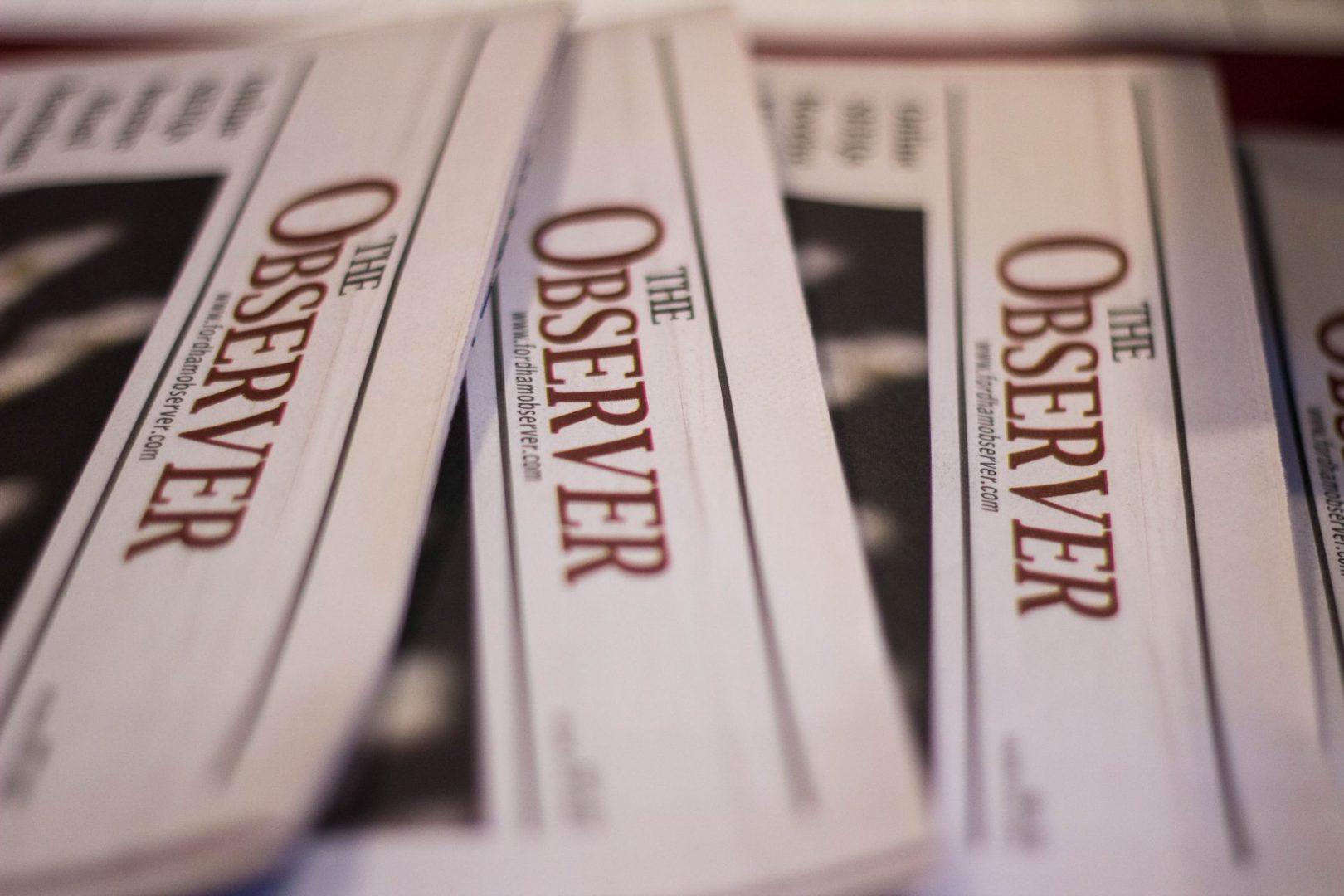Staff Editorial: More Than Awareness
October 2, 2019
On Sept. 20, we walked out of our schools, offices and jobs all over the world to advocate in the largest protest for climate change action in history. Four million people worldwide participated, with 250,000 strikers in our city alone. It was inescapable on social media and covered by CNN, the BBC and countless other smaller outlets on every continent.
And yet it has been received with a sense of futility. All this visibility, all this awareness, and the Earth is no better off than it was before the climate strike. Sea levels continue to rise. Factories still spew pollutants into the air. Oil companies still extract fossil fuels from the ground as we speak.
Real progress will require drastic changes in government policy as well as our daily lives, not just posting on Twitter and painting a sign. In fact, this popular messaging — sometimes derided as “slacktivism” — can be seen as no more than lip service. It’s decried as participation without personal sacrifice, nothing more than a way for the concerned to make themselves feel better.
But it can be so much more than that.
Changing your profile picture may be the bare minimum you can do to combat climate change, but with enough voices, even lip service can become a shout.
The best way to combat climate change paralysis is by starting to move. The best arguments, rather than telling you what to do, lead the way and allow everyone to follow.
You could call it the snowball effect, if we’ll have any of those left by the end of the century.
Awareness is obviously not enough, but it is where change begins.
Sustainability that begins at the personal level helps to fracture public inertia against fighting climate change.
The real impact of the climate strike on Sept. 20 is what it inspired people to do on Sept. 21. Being aware of our planet is a responsibility — to fight against climate change, to live in a way that you won’t be ashamed of fifty years from now.
If we are people put on this earth to serve others, we do a disservice to even the most minor acts of service if we do not acknowledge their impact.
Use the compost bin on the second floor of McMahon and recycle your plastic bags in the bin outside of the Fordham Bookstore. Grab reusable bags provided by Environmental Club outside of the McMahon gym.
Demonstrate the model of what a sustainability-oriented life should be.
Your university stands behind you.
Fordham has championed green initiatives on campus, designing all new construction since 2012 to achieve Silver Leadership in Energy and Environmental Design certifications, converting Ram Vans to biodiesel and pledging to reduce carbon emissions by 40% by 2030.
Most recently, they inked a deal with Bloom Energy this month to bring clean electricity to Walsh Library, which will save 39 million gallons of water and offset more than 300 metric tons of carbon dioxide annually.
We are called by our university to live selflessly, and this challenge applies to all of our daily decisions and actions.
We don’t serve others because it makes us feel good — we do it because it’s our responsibility. Because we know that showing support for what we believe in is encouraging — and contagious.
The moment we change the perception of “slacktivism” from selfish to selfless is the moment we begin to move forward without leaving anyone behind.
Millions mobilized during the climate strike, and we owe it to them to continue to make strides. The larger Fordham community, on both a student and university level, can continue to take steps in the right direction and lead by example.
So keep retweeting and striking, but don’t forget to live the mission, too. It’s your responsibility. And don’t worry — we’re right beside you.










